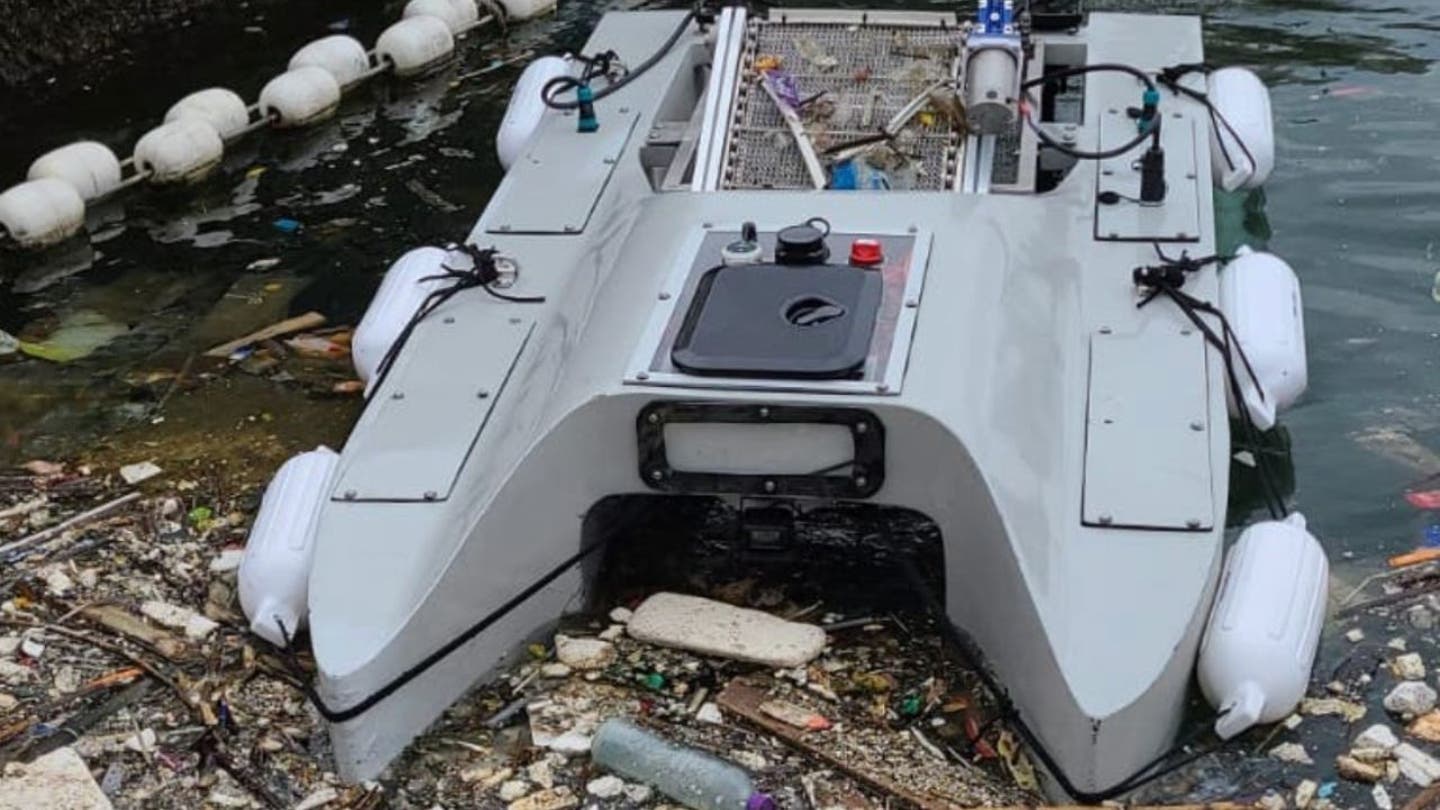Self-Driving Cars: Waymo's Federal Investigation Sparks Industry Concerns
- May 22, 2024 06:01am
- 208
As the nation's first commercial self-driving taxi service Waymo debuts in Arizona, its safety is under scrutiny amidst ongoing federal investigations. Understanding the technology, safety concerns, and industry implications becomes crucial for consumers navigating the rapidly evolving landscape of autonomous vehicles.

Self-driving vehicles, developed by companies like Waymo, utilize a combination of sensors, perception, decision-making, and control technologies to navigate urban environments without human intervention. Their potential to reduce accidents caused by human error is undeniable. However, despite their advancements, fully autonomous vehicles are still not without their risks.

Waymo is currently under federal investigation by the National Highway Traffic Safety Administration (NHTSA) due to over 20 accidents involving its autonomous taxis, ranging from single-vehicle crashes to traffic violations. These incidents have raised safety concerns regarding the reliability and effectiveness of Waymo's driver-assistance technology.
The NHTSA's investigation is expected to address broader concerns within the industry, including the overall safety and regulation of self-driving cars. The investigation is timely as Waymo plans to expand its operations to other cities. Consumer concerns are also evident, with 75% of Americans supporting government restrictions on self-driving vehicles.

Self-driving cars rely on advanced technologies to perceive their surroundings and make informed decisions:
1. **Sensors:** Cameras, lidar, radar, and ultrasonic sensors collect data about the environment, including objects, traffic signs, and obstacles.

2. **Perception:** Sensor data is used to create a detailed representation of the surroundings, including object detection, localization, and mapping.
3. **Decision-Making:** Real-time decisions are made based on the car's perception, including path planning, behavior prediction, and risk assessment.

4. **Control:** The car's onboard computer executes decisions, controlling steering, acceleration, braking, and communication.
While self-driving cars aim to reduce human error, they are not immune to failures or unexpected situations. Their technology has limitations, and they rely on constant updates and improvements. It is essential to approach self-driving cars with caution and understand that they are still in development.

Tesla's Autopilot and Full Self-Driving features offer varying levels of autonomous driving capabilities. These systems still require driver supervision and intervention, providing a balance between automation and human control. However, Tesla's technology has also been involved in accidents, raising concerns about its reliability.
Despite the hype surrounding self-driving cars, it is crucial to remember that they are not yet perfect. Until these vehicles can consistently prevent human error and operate safely, it is advisable to rely on human-driven vehicles. The technology is still evolving, and it remains to be seen when self-driving cars can truly provide a safe and reliable alternative to traditional transportation.
Related articles
-
 AI in Education: Personalized and Supportive Learning Experiences for the Future
Artificial intelligence (AI) has long been a part of the scientific landscape, but recent advancements have made it possible to harness its potential...
AI in Education: Personalized and Supportive Learning Experiences for the Future
Artificial intelligence (AI) has long been a part of the scientific landscape, but recent advancements have made it possible to harness its potential...
- 03 Jul 2024
-
 AI-Powered Exoskeleton Lightens the Load, Elevates Mobility
Researchers have created an AI-driven exoskeleton that seamlessly adapts to provide remarkable mobility assistance and energy savings. The...
AI-Powered Exoskeleton Lightens the Load, Elevates Mobility
Researchers have created an AI-driven exoskeleton that seamlessly adapts to provide remarkable mobility assistance and energy savings. The...
- 02 Jul 2024
-
 Autonomous Roboboats: The Future of Waterway Cleanup
Clear Robotics, a groundbreaking startup, has developed autonomous robot boats known as Clearbots. These vessels utilize advanced technology to...
Autonomous Roboboats: The Future of Waterway Cleanup
Clear Robotics, a groundbreaking startup, has developed autonomous robot boats known as Clearbots. These vessels utilize advanced technology to...
- 01 Jul 2024
-
 Scammers Use AI to Clone Voices, Targeting Victims with Emotional Cons
Scammers are using AI to clone voices and target victims with emotional cons. They extract voice samples from social media and create chillingly...
Scammers Use AI to Clone Voices, Targeting Victims with Emotional Cons
Scammers are using AI to clone voices and target victims with emotional cons. They extract voice samples from social media and create chillingly...
- 01 Jul 2024
-
 Morgan Freeman's Stance Against Defund the Police Movement
Actor Morgan Freeman has voiced his opposition to the defund the police movement, emphasizing the importance of law enforcement in safeguarding...
Morgan Freeman's Stance Against Defund the Police Movement
Actor Morgan Freeman has voiced his opposition to the defund the police movement, emphasizing the importance of law enforcement in safeguarding...
- 01 Jul 2024
-
 Sheryl Crow's Outcry Against Drake's AI-Generated Tupac Homage
Sheryl Crow has expressed strong disapproval of Drake's use of artificial intelligence to replicate Tupac Shakur's voice in his recent song, "Taylor...
Sheryl Crow's Outcry Against Drake's AI-Generated Tupac Homage
Sheryl Crow has expressed strong disapproval of Drake's use of artificial intelligence to replicate Tupac Shakur's voice in his recent song, "Taylor...
- 29 Jun 2024

Leave a comment
Your comment is awaiting moderation. We save your draft here
0 Comments
Chưa có bình luận nào